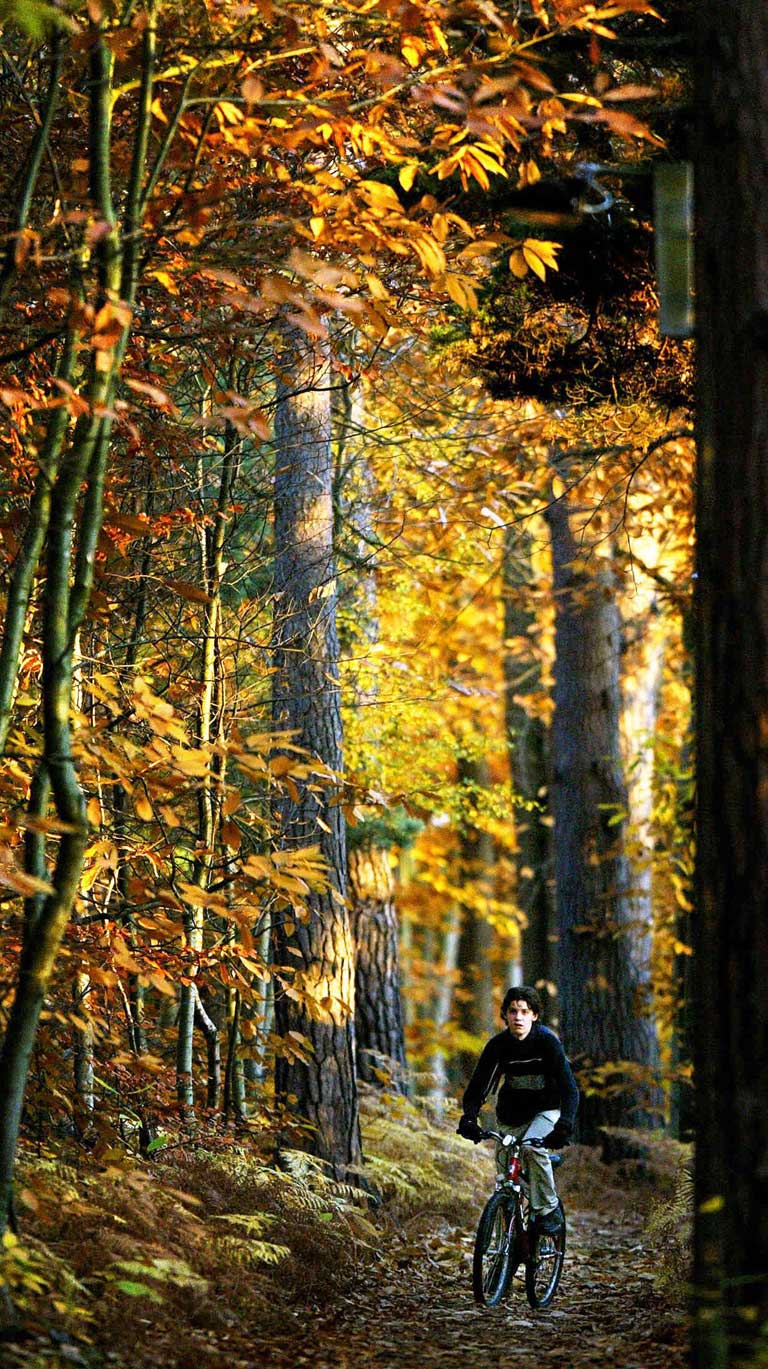Gossip from the Forest: The Tangled Roots of Our Forests and Fairytales, By Sara Maitland
In ancient woods grew tales that we still tell and hear. This fine book leads us back to them

Your support helps us to tell the story
From reproductive rights to climate change to Big Tech, The Independent is on the ground when the story is developing. Whether it's investigating the financials of Elon Musk's pro-Trump PAC or producing our latest documentary, 'The A Word', which shines a light on the American women fighting for reproductive rights, we know how important it is to parse out the facts from the messaging.
At such a critical moment in US history, we need reporters on the ground. Your donation allows us to keep sending journalists to speak to both sides of the story.
The Independent is trusted by Americans across the entire political spectrum. And unlike many other quality news outlets, we choose not to lock Americans out of our reporting and analysis with paywalls. We believe quality journalism should be available to everyone, paid for by those who can afford it.
Your support makes all the difference.In the first chapter of Gossip from the Forest, the author spends a night camping with her grown-up son in a patch of ancient oak woodland near her home in Galloway. As night falls, she asks him which fairy tales he remembers. "Goldilocks, Red Riding Hood, Cinderella, Snow White… the one with the swans and the shirts" are among his answers. Then she asks where he learnt them. From you, he says. "School perhaps, I don't really know, I just know them".
Sara Maitland's book is both an exploration of where fairy stories come from culturally and socially, and of the locations where they were born: forests. "Forests to… northern European peoples were dangerous and generous, domestic and wild, beautiful and terrible. And the forests were the terrain out of which fairy stories… evolved".
The question at the heart of this beautiful, thoughtful book is: how did forests form fairy tales and how have fairy tales influenced the way we feel about forests? It mixes social history with natural history, literary criticism with fiction. Each chapter ends with a retelling of a tale – some I was familiar with, others, such as "The Seven Swans' Sister", I hadn't come across before. Her versions don't have the gothic, overblown if thrilling feeling of Angela Carter's take on similar stories, but they are gutsy, and have modern sentiments behind the centuries-old motifs.
In each chapter Maitland also explores a different area of British woodland and through it discovers the themes, rules and uses of fairy stories. She shows how they have been used to teach generations of children and adults (only since the Brothers Grimm collected and edited oral stories have fairy stories have been relegated to children's literature) about stranger danger, hard work, family ties and abuse - and discovers why the forest is such a rich backdrop. It's where people used to work, play, live, hunt. Maitland seeks modern counterparts to these forest-dwellers, meeting the last Free Miners in the Forest of Dean, and woodsmen and wildlife experts.
In a book about stories, it's no surprise to discover that much of what we believe is mythical: but those myths are less about magic and more about modern misinformation. The idea that Britain used to be totally covered in a vast forest is wrong, as is the belief that all woods are totally natural and humans are intruders. "Woodland flourishes under good human management – coppicing, for example, increases the amount of light that reaches the depths of the forest, and so encourages germination and new growth and increases biodiversity."
Maitland is incredibly good at taking us with her on journeys through the woods, as she examines her emotional responses. On the one hand, she explains the fictional forest isn't necessarily a frightening place, although frightening things can happen there. However, in her chapter on Ballochbuie and the Forest of Mar, she writes that: "For me, these forests expose a deep unease, a chthonic fear; Caledonian forests are what Freud called unheimlich – they are uncanny. Inside most of us post-enlightenment and would-be rational adults there is a child who is terrified of the wild wood."
Duality, the feeling that both forests and stories can be two things at once, runs through Gossip from the Forest. As a book celebrating the 200th anniversary of the Grimm brothers' tales, this is a more than fitting tribute. As a follow-up to Maitland's sublime The Book of Silence, it's a worthy successor. As something to read on dark nights as the wind lashes the leaves from the trees, it's damn near perfect.
Join our commenting forum
Join thought-provoking conversations, follow other Independent readers and see their replies
Comments